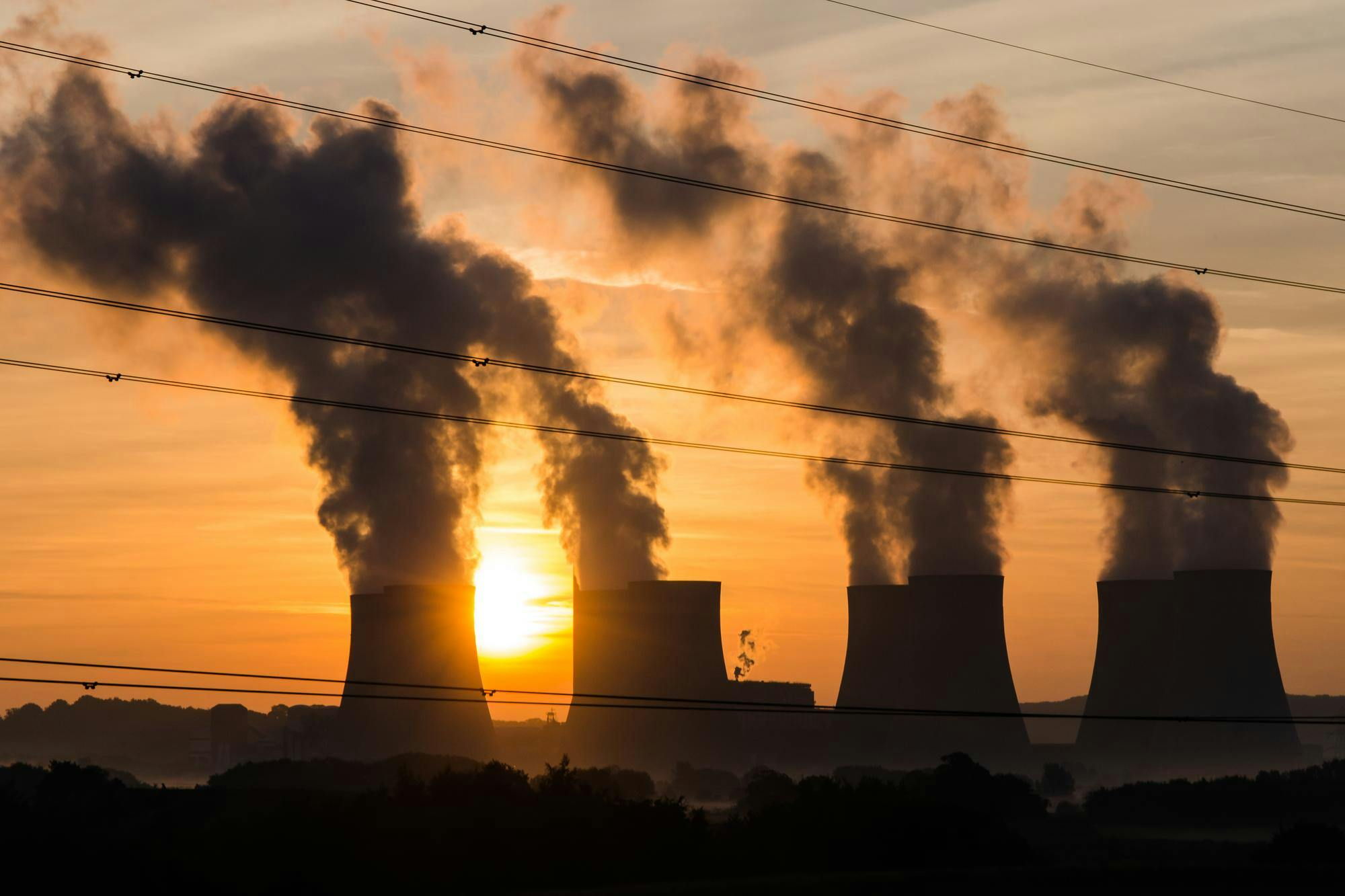Tufts Climate Action has been urging Tufts to completely divest from fossil fuels, including all indirect investments. Their plea has been criticized within this publication; some believe a complete divestment is impractical and will burden Tufts’ endowment. On the contrary, it is in the interest of both our planet and our university if Tufts wholly divests from this detrimental industry.
Tufts is an institute with worldwide influence. It boasts one of the best international relations programs in the country. It maintains ties to Oxford, Talloires and the London School of Economics, among many other global intellectual hotspots. It also has international partner institutions through The Fletcher School and many other global affiliations. Should Tufts choose to withdraw investment from all entities that also indirectly contribute to global warming, it will make its mark for everyone to see. If Tufts were to divest, it would absolutely have an impact on the fossil fuel industry. Some want TCA to “mind [their] own business,” but investigating Tufts’ investments is all of our business as students of this university. The welfare of the climate must be our business: Do we not all live on the same planet?
The basis of TCA’s argument has always been one of accountability. They have been asking for Tufts to take accountability towards its students and their future and to work to preserve the world that it is educating and preparing future generations for. Instead, Tufts is contributing to its decay. In 2021, the Board of Trustees approved a broad set of actions for the endowment related to the climate crisis, including a divestment from direct holdings of the largest coal and tar sands reserves companies. This is a step in the right direction, but it is not enough.
Tufts is actively discrediting its mission that pledges dedication towards “effective stewardship of our resources.” As mentioned in one of TCA’s op-eds published in the Daily, “even though the Board of Trustees announced in 2021 its intent to ban direct holdings in coal and tar sands companies, $26 million, or 1.1% of Tufts’ endowment, is still devoted to them via indirect holdings.” This is evidence of careless and irresponsible management. We must urge Tufts to make long-term investments in the fields of environmental protection, climate restoration and renewable energy, whilst ensuring a complete divestment in an industry that is contributing to our untimely extinction. If they make ethical investments but still do not divest fully from fossil fuels, they are not doing everything in their capacity to repair the damage they have inevitably caused to the planet from previous harmful investments. I would perceive this as an attempt by Tufts to emphasize their commitment to sustainable investments and use this to overshadow their investments in companies that partake in environmentally damaging practices. In other words, it’s an attempt at greenwashing by misleading the community about the nature of their investments.
An article in this publication criticized TCA’s legal complaint against Tufts, a complaint which detailed a violation of Tufts’ duties to the public as a nonprofit institution. The criticism stated that TCA’s legal complaint was unwarranted because the writer believed Tufts was in compliance with the law. I believe the important discussion to be had here is not whether Tufts complies with the law — ExxonMobil, identified as existing among the highest-emitting investor-owned companies since 1988, is technically complying with the law. But it also released 110 million metric tons of carbon dioxide in 2022. Just because ExxonMobil is loyal to the law, that does not mean they should be allowed to continue business as usual and endanger our natural world so that they can line the pockets of their shareholders. Similarly, even if Tufts is not doing anything illegal, we should not stand by idly as it invests in companies that have no regard for the welfare of the planet. If Tufts has an obligation to national laws and policies, it should also have a duty towards the natural law — the intrinsic values that govern our reasoning and behavior — in this case, towards the way humans treat the environment that nurtures and feeds us. Tufts is an educational institution devoted to creating the next generation of leaders — us — yet we are the ones who will suffer the effects of the climate crisis, and Tufts fails to acknowledge the role it plays in all of this.
I understand ESG-based investments don’t come without risks, but no investment is ever risk-free. At the end of the day, if Tufts’ vision is committed to helping students “distinguish themselves as active citizens of the world,” they should have been expecting the pushback from TCA criticizing them for being unfaithful to their mission. Tufts is a good university, but it needs to start practicing what it preaches, and that will only happen if it starts living up to the promises it makes to its students.






